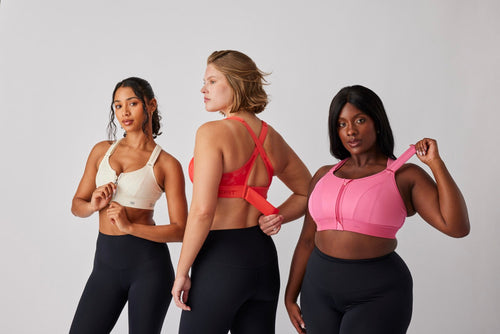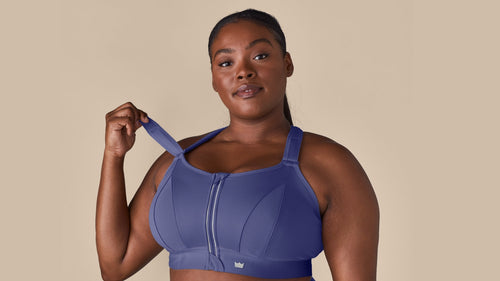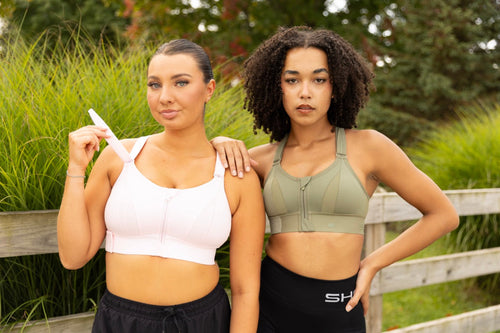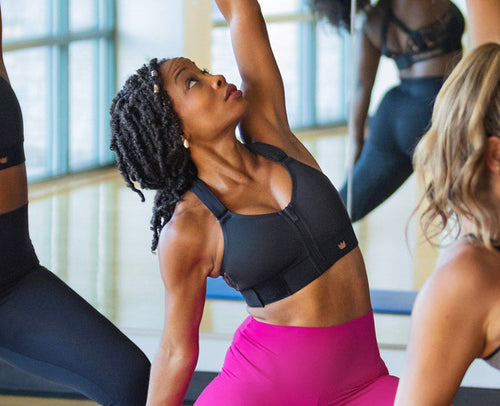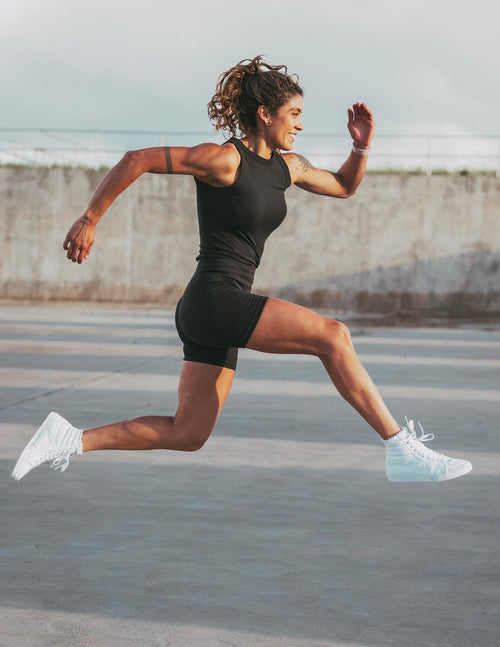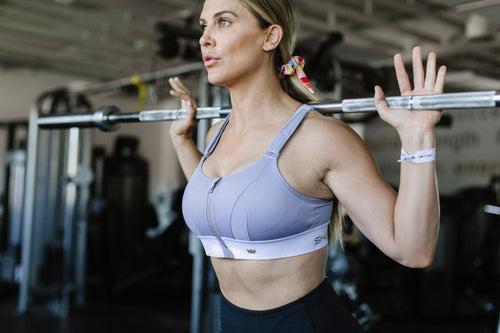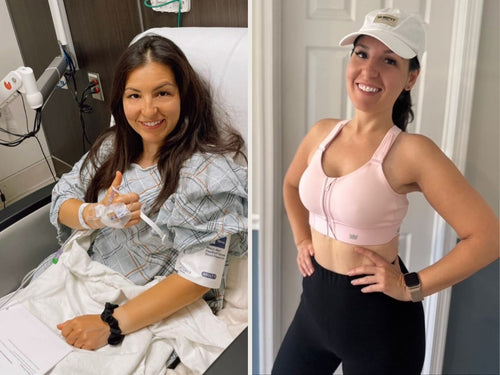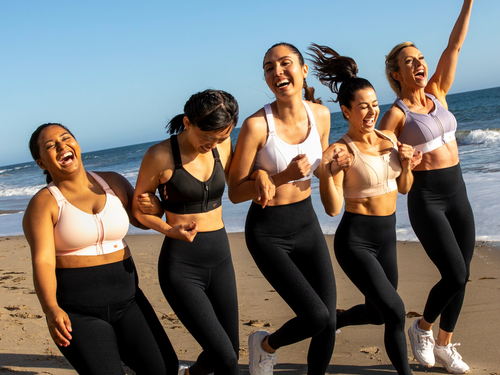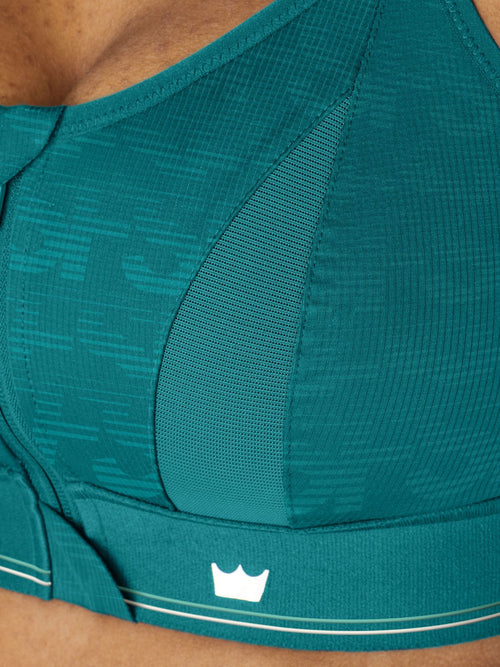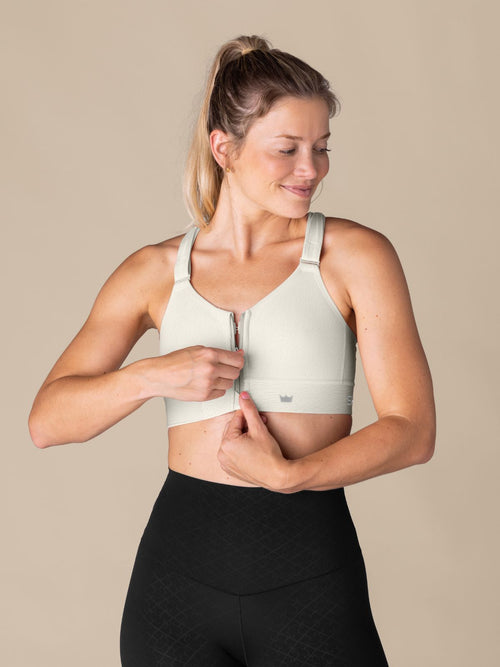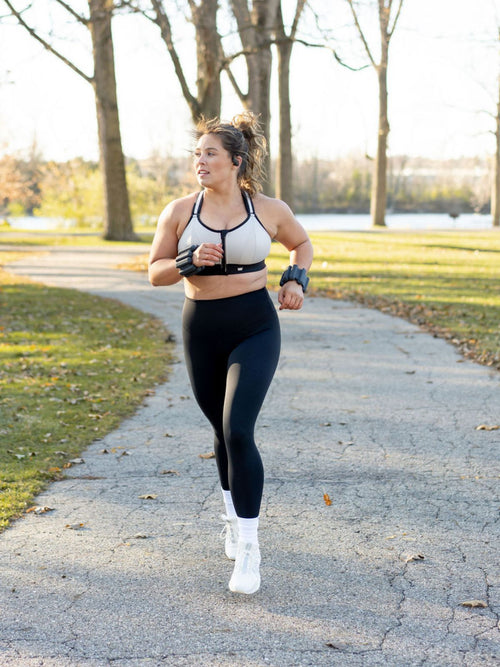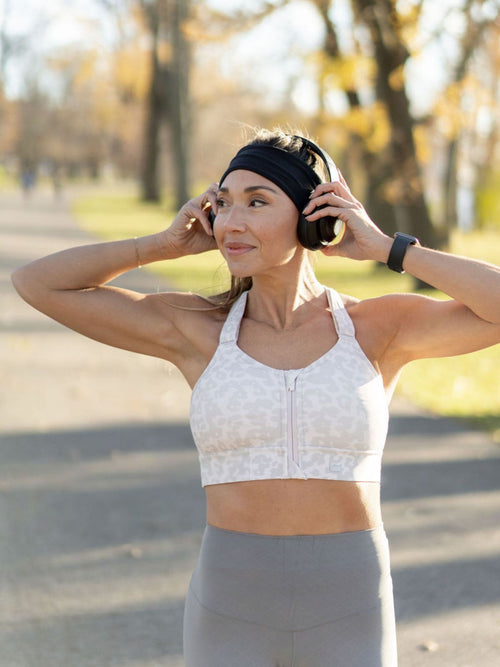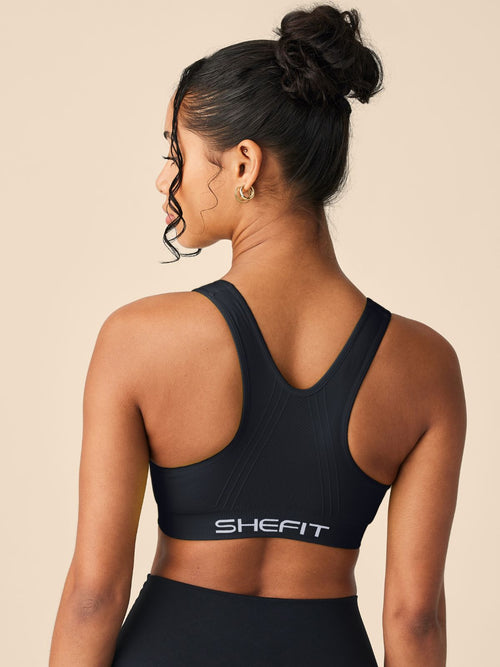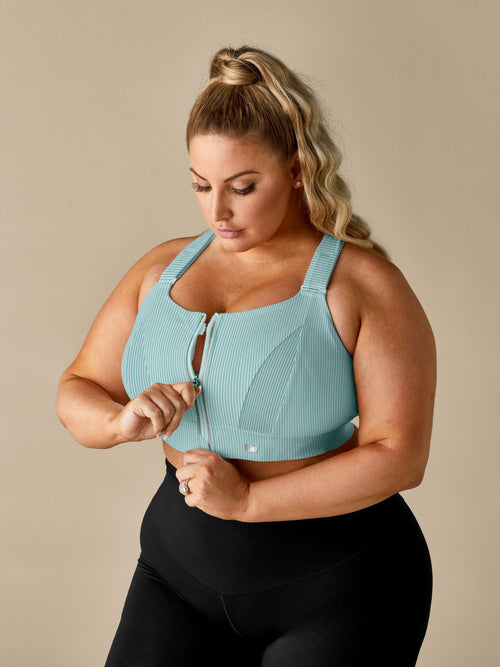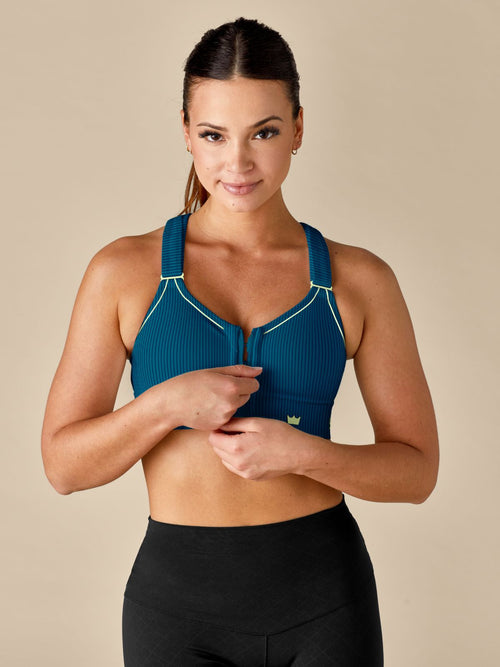15% Off Gift Cards! Shop Now

Miss Michigan 2013 winner Jaclyn Misch wasn’t expecting to win her first pageant. But she did anyway. Since then, she has used the platform to raise awareness for MRKH Syndrome - women born without a uterus. She is also the runner of Survivor: San Juan Del Sur – Blood vs. Water, where she competed with her husband, Jon Misch. She talks to us about her pageant success, her MRKH advocacy and putting contacts in with dirty hands and fingernails.
You won the first pageant you ever entered. What made you decide to enter and were you expecting to win or even place high?
I never thought I would win, but I had a goal to make it in the top 15. I literally saw a Facebook post from a girl in my hometown talking about the "Donald Trump" pageant (Miss USA) and how she wanted to enter. I started researching it and was hooked. So I entered and only told a few people because it was so outside of my comfort zone. My parents, who had been going to my basketball and volleyball games for more than 15 years were SO confused. They are big campers, so we drove up to Port Huron (where the pageant is held), with their camping pop-up. I did my makeup at the campground the night of the show because camping was cheaper than a hotel. After I won, I remember the Miss Michigan director asking if I had a pageant coach, and who got me ready. I was like, "What is that? I got ready in my parent's camper."
You were a contestant on Survivor shortly after winner Miss Michigan. Have you always been interested in being on Survivor?
Jon and I were originally approached for The Amazing Race, but they filled the cast and then asked about Survivor. I honestly think God brought Survivor into my life because his plan for me wasn't finished. I wasn't finished speaking out about MRKH and infertility. It was the hardest thing I've ever done. Being so vulnerable on national television week after week was rough, but I still get messages two years later from newly diagnosed girls and women going through IVF, so it makes it all worth it. There's something special about connecting with women who have been through all the pains you have.
What was it like to share your Survivor experience with your husband?
It was one of the best experiences ever! I got to see if he really loved me after not showering, brushing my teeth or shaving my armpits for 39 days. We saw each other at our very lowest, stripped of absolutely everything. He will kill me for saying this, but he's not the best swimmer, and there was a point after a mud challenge that we had to jump off a boat into the ocean. It was FREEZING and when we got out I swear he turned blue. At this point, he had already lost about 25lbs and there was nothing we could do but give him body heat to get him out of his shivering spell. It was scary. When you don't eat for that many days and are trying to survive off basically nothing with strangers on a deserted island, your mind really does take control. You can't hide who you really are out there. We took care of each other. He would bring me a shell to make me smile, I would give him an extra scoop of rice. It's the little things.
What are some fun behind-the-scenes details you can share from the show?
There is a designated pooping area they refer to as "coconut grove.” Everything is 100 percent real. I lost 30 pounds in 39 days and had parasites. My hair fell out for about a month after I got home because I was so malnourished. Walking to the water well multiple times a day to get water to boil and drink makes you SERIOUSLY appreciate tap water. I'm basically blind without my contacts. They let contestants wear them, but there is no mirror to help put them in or take out, so that was a bit of a learning curve with the wind and dirty hands and fingernails.
Switching to a more serious topic. You were diagnosed with MRKH when you were 16 and speak candidly about MRKH and IVF. Why is it so important for you to use your visibility as a public figure to raise awareness?
When I was diagnosed, I felt so alone. I had to go to four different gynecologists before one could explain what I had.
"You don't have a uterus, you don't have an upper vagina, and if you ever want to have sexual intercourse, you will have to have surgery or dilate. Oh, and you will never have your own baby. Also, about one in 5,000 girls have this so you probably won't ever meet anyone with your syndrome. But we have a great therapist, want to talk to her?"
My answer was no. I didn't want to talk to anyone. I was 15. Thirteen years later and I think I'm still processing all of that information and the thousands of emotions that come along with it. I was given the opportunity to use my voice to help other girls not feel alone. To let them know that they will and can survive this.
Have other people reached out because they see you speaking up for them? How have you connected with other people that have MRKH?
Yes, some of my very best friends have MRKH. We share a special bond from across oceans and many of us speak up for each other now. There has been a significant change in perspective over the past two years. There are SO many brave women sharing their stories now and supporting each other. That is what empowers me.
You're starting the process of having a child through surrogacy. Why is it important for you to be open and transparent about the journey? What keeps you strong?
I just shared a photo on social media of my first round of IVF medications. It took me five months to post that photo and even take the meds out of the box. I'm nervous, excited, hopeful and anxious. The fact that I have no control over the outcome of this is terrifying. I actually wasn't sure if I wanted to share this journey on my social media in fear that if it didn't work, it would be so public and embarrassing. But it's real, and I have to remind myself that I am not alone. I share this journey with thousands of other women. We give each other hope.
How can we better support men and women who struggle with infertility?
I think the best thing is just being aware and realizing not every couple can have children via "old fashioned way." Being sensitive that it may be hard for couples going through infertility to be around children. Understanding that some couples may not want children and that's OK. Learning from each other’s differences and gaining new perspective instead of judging.


